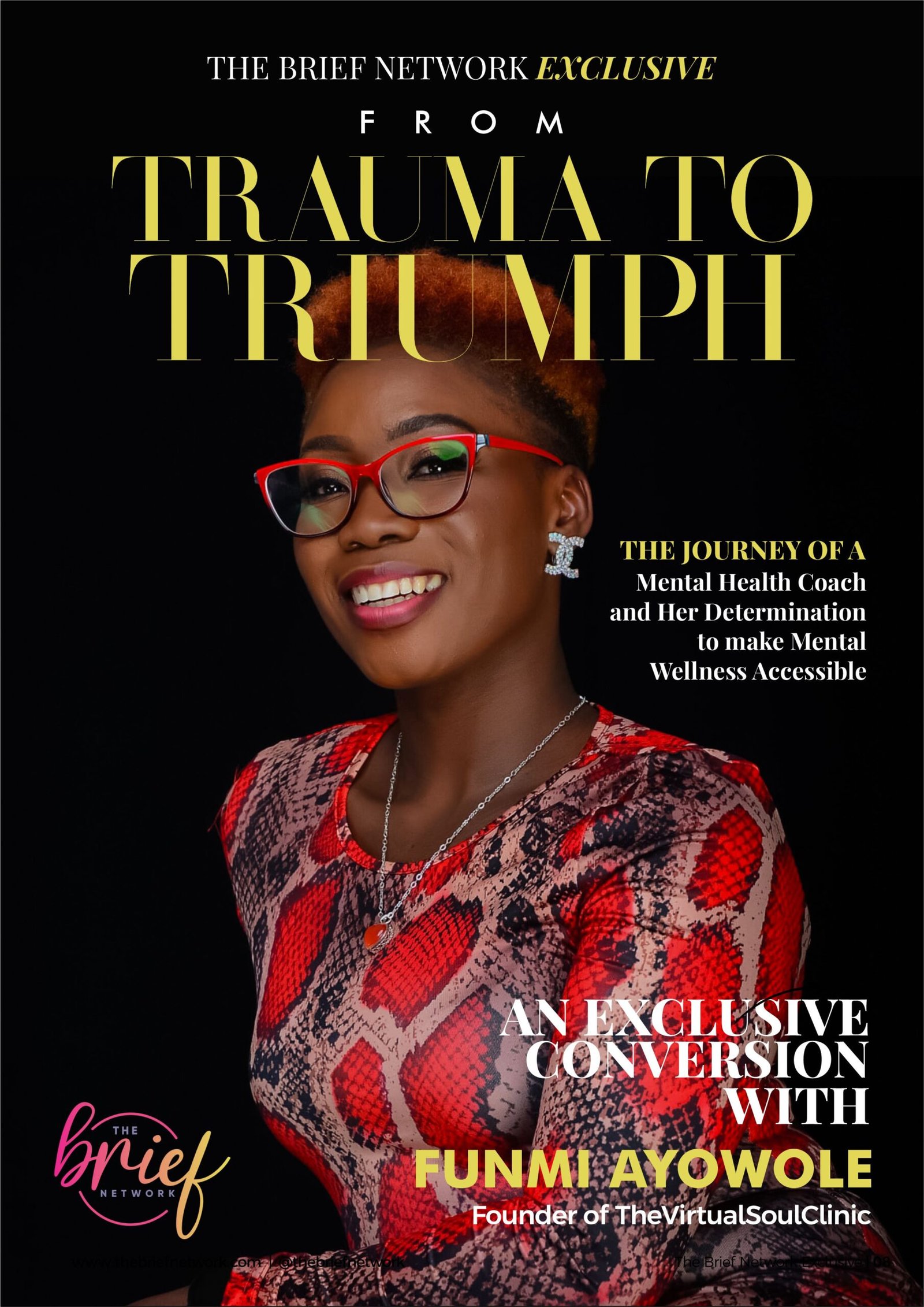When people hear the word “technology,” many assume it’s only for software engineers or experts abroad. But technology is already part of our daily lives, from the phones we use to how we learn, shop, and build businesses.

Juliet Ehimuan, former Director of Google West Africa, has spent years showing Africans that technology isn’t a distant concept. It’s a tool for growth, connection, and meaningful change.
Here’s how to use technology purposefully, informed by ideas Juliet consistently champions:
1. Learn how to use what’s already in your hands
You don’t need new gadgets to begin your tech journey. With a smartphone or access to an internet café, learning tools like Google Docs, Excel, or Canva can make everyday tasks smoother. As Juliet points out:
“Putting technology in the hands of people allows them to create their own opportunities.”
For her, digital literacy begins with small steps and curiosity, not perfection.
2. Use technology to solve real problems
Technology becomes powerful when it addresses real needs. Whether a student learns through YouTube or a small business owner takes orders on Instagram, these tools serve people. Juliet emphasizes that:
“Innovation does not only mean technology… If it improves learning, processes and systems, or solves a real problem, then it is innovation.”
She believes African solutions should reflect African realities, not imitate Silicon Valley.
3. Move from consuming to creating
Scrolling is easy; creating is transformative. Whether writing a blog, editing videos, or building an online portfolio, the impact comes when you move from use to authorship. Juliet encourages this shift fiercely:
“We must move from consumption to creation. Technology is powerful when we use it intentionally.”
4. Learn one thing at a time
You don’t need a degree in computer science to grow. One tutorial, one short video, or one blog post can spark your next move. Juliet’s own journey from Nigerian classrooms to global leadership shows that growth is a process of steady learning:
“We cannot rely only on traditional formal learning to build capacity at scale … ICT-enabled learning can be an effective tool for closing these gaps.”
5. You belong in the digital space
For too long, technology has felt like a gated world reserved for coders, Silicon Valley founders, or people with advanced degrees. But that perception is changing, thanks to voices like Juliet Ehimuan.
She believes technology should be accessible to everyone, not just a privileged few. In her words:
“We need to democratize access to digital tools and skills. Everyone, regardless of background or gender, must be empowered to thrive in the digital economy.”
She’s championed digital inclusion across Africa, mentoring youth, speaking globally, and advocating for broader access. Her message is clear: the future of tech belongs to everyone.
Whether you’re a creative, an artisan, a teacher, or an aspiring entrepreneur, there’s a place for you. The digital space isn’t just about building the next big app. It’s also about sharing your voice, offering your skills, and creating value online.
Beneath It All
Technology isn’t just about code or apps. It’s about improving how we live, learn, and lead. As Juliet reminds us:
“Technology has the power to create a level playing field.”
Start small. Learn often. Build smart.
Step into the digital space, not as a spectator, but as a creator, because the future needs your voice.


